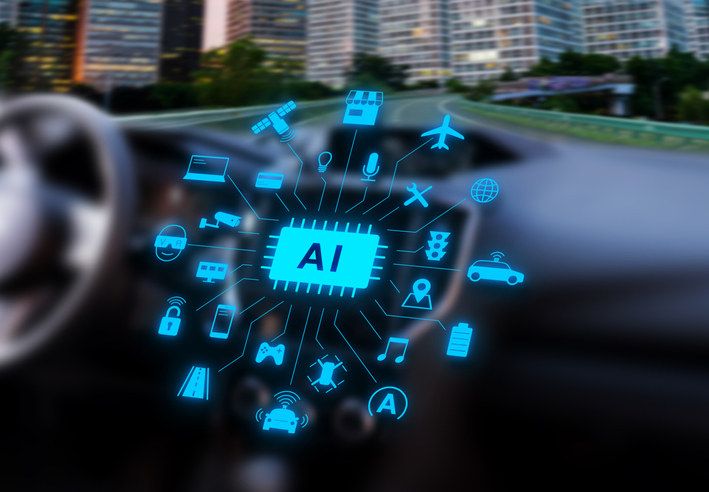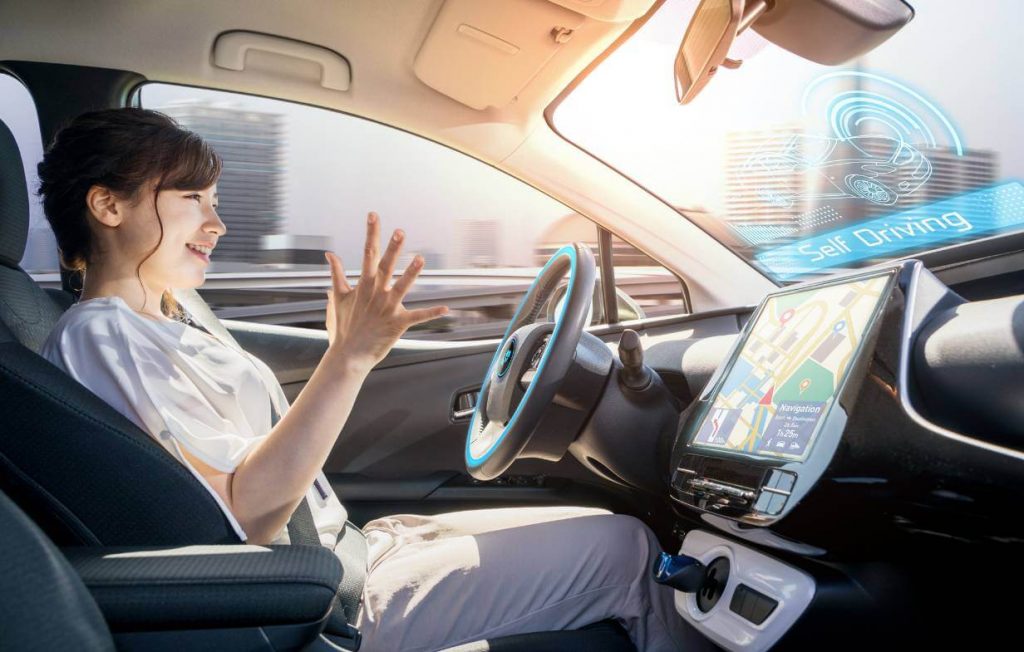Revolutionizing the Road: The Dawn of AI in Cars

The world we live in is changing at a staggering pace, thanks to the fascinating capabilities of artificial intelligence (AI). This disruptive technology is revolutionizing industries far and wide, and the automotive sector is no exception. Vehicles, once merely a means of transportation, are transforming into smart devices on wheels, offering capabilities we couldn’t have imagined a decade ago.
With AI at the helm, the automotive industry is set for an exciting ride towards intelligent mobility. From navigation to safety features and even fully autonomous driving, AI is poised to redefine the driving experience. This article delves into the role of AI in cars, showcasing the significant shifts, and exploring the implications of these developments.
Transforming Driving Experience: AI-enabled Features
AI is gradually taking the wheel in modern vehicles, and the results are nothing short of impressive. Advanced driver assistance systems (ADAS), powered by AI, are reshaping the driving experience with features such as automatic emergency braking, blind-spot detection, and lane-keeping assistance. These features, once considered high-end, are becoming standard in new vehicles, reflecting the rising emphasis on safety and comfort.
Another promising area is AI-powered infotainment systems, with speech recognition for hands-free control, personalized content suggestions, and seamless integration with other smart devices. Additionally, predictive maintenance, using AI algorithms to forecast potential mechanical issues, signifies a proactive approach towards vehicle upkeep.
Autonomous Vehicles: The Ultimate AI Application
The most notable application of AI in cars is, undoubtedly, the development of autonomous or self-driving vehicles. Here’s how AI is driving this change:
- Sensing the Environment: AI leverages sensors like LIDAR, RADAR, and cameras to perceive the car’s surroundings accurately, ensuring safe navigation.
- Making Decisions: AI mimics human-like decision-making abilities, processing real-time data to determine actions like braking, accelerating, or changing lanes.
- Predictive Capabilities: AI can predict the behavior of other road users, enhancing safety by preparing for potential scenarios in advance.
- Continuous Learning: AI systems continuously learn and improve through data collected during every journey, making autonomous cars smarter over time.
- Mapping and Localization: AI is crucial in creating high-definition maps that help autonomous cars understand their precise location.

Challenges and Concerns: Navigating the AI Highway
Despite the significant strides, integrating AI in cars is not without challenges. Issues such as data privacy, cybersecurity, and ethical dilemmas in AI decision-making pose significant hurdles. Regulatory frameworks also need to catch up with the rapid developments in this sphere.
The technology’s reliability is another concern. AI systems must be robust enough to handle diverse and complex driving conditions. The road towards fully autonomous vehicles is a long one, and we need to resolve these issues to reach the destination safely.
AI in Cars: Steering Towards the Future
In conclusion, AI’s impact on the automotive industry is profound and far-reaching. It’s not merely about self-driving cars; it’s about creating a safer, more efficient, and more enjoyable driving experience. As the technology evolves, we can look forward to cars that aren’t just modes of transport but are intelligent companions on the road. While challenges persist, the benefits offered by AI-powered vehicles hold the promise of a new era in transportation. The future of driving is here, and it’s powered by AI.
